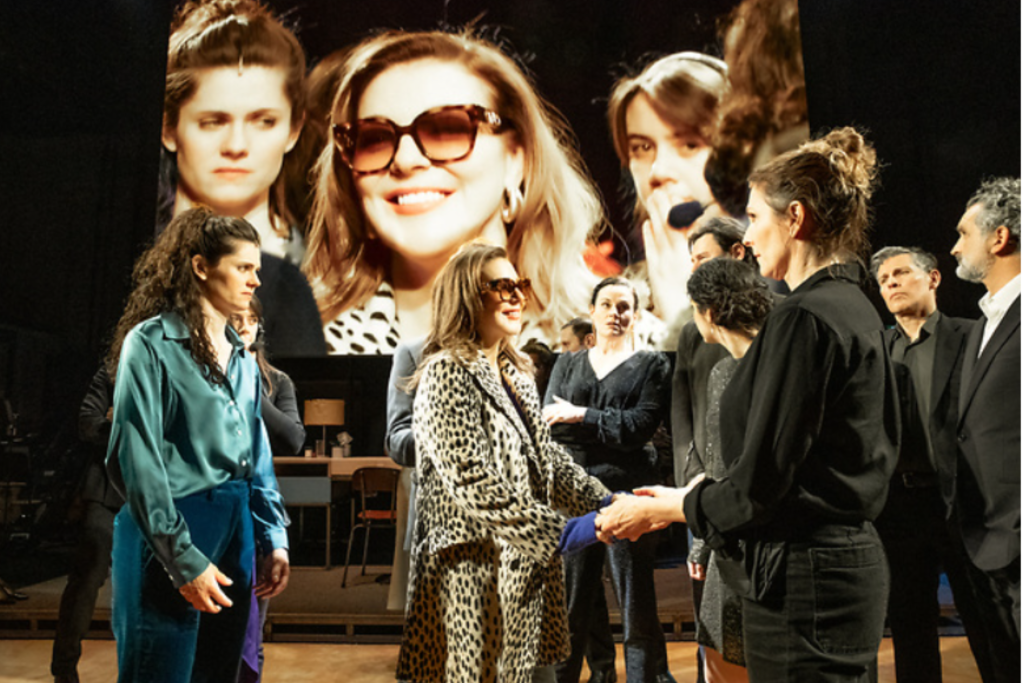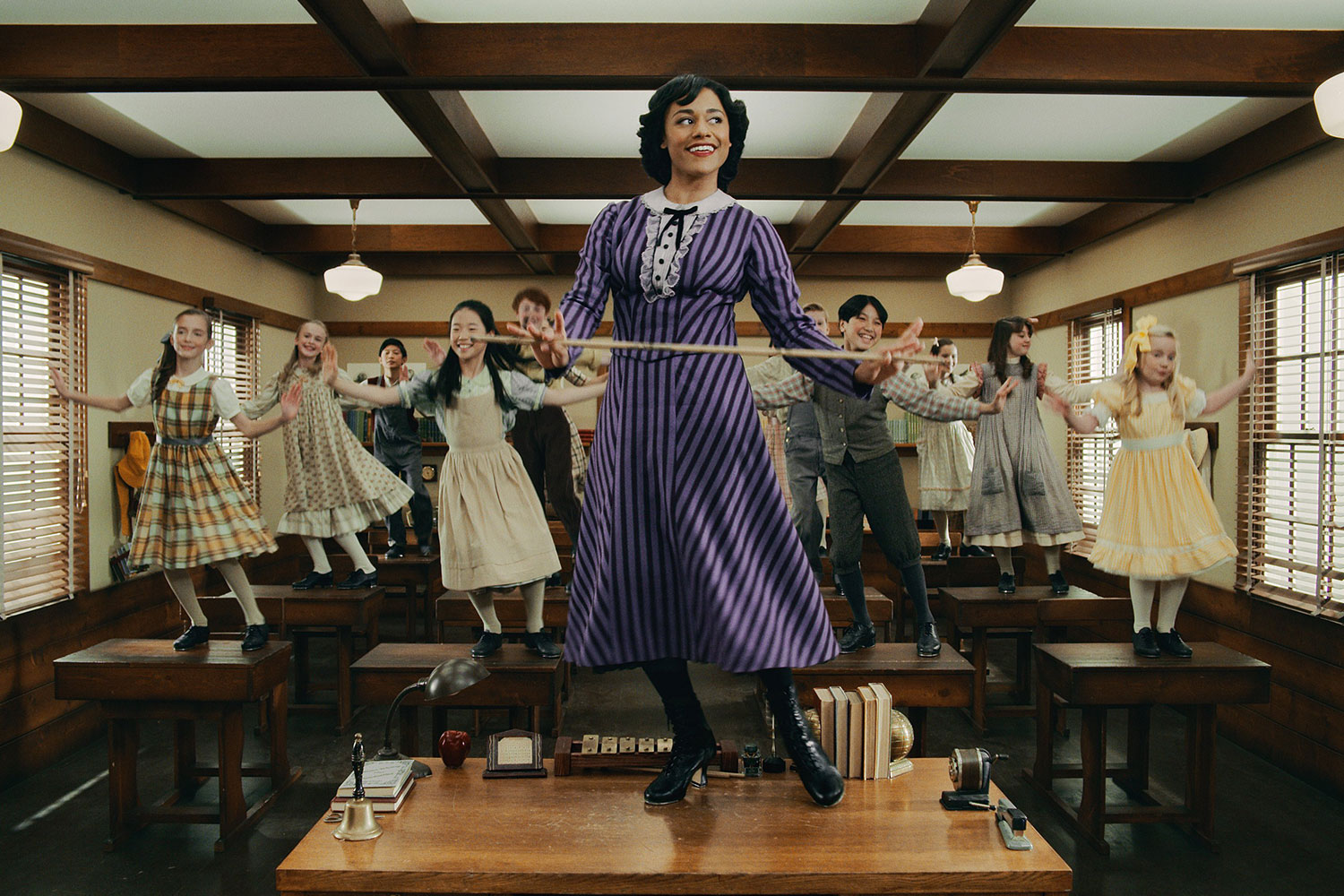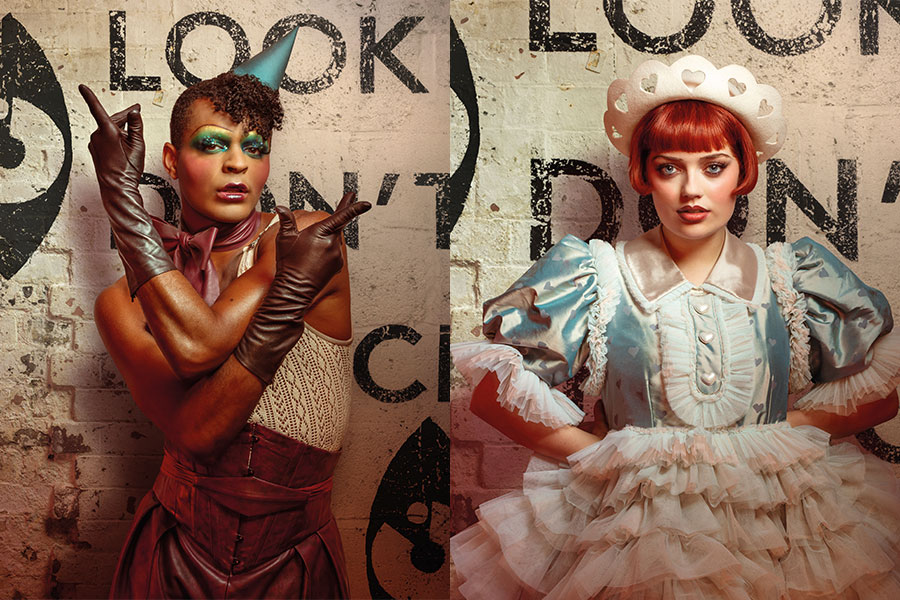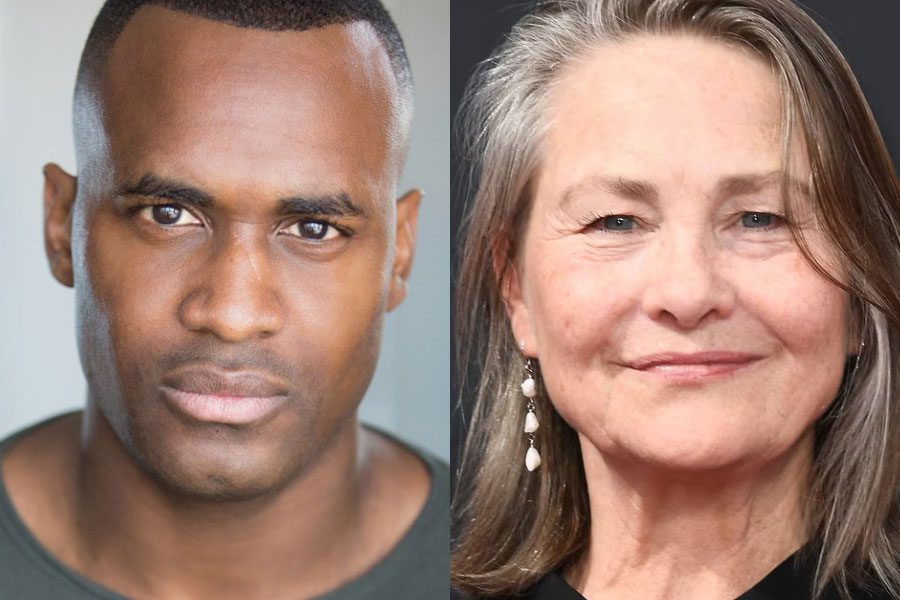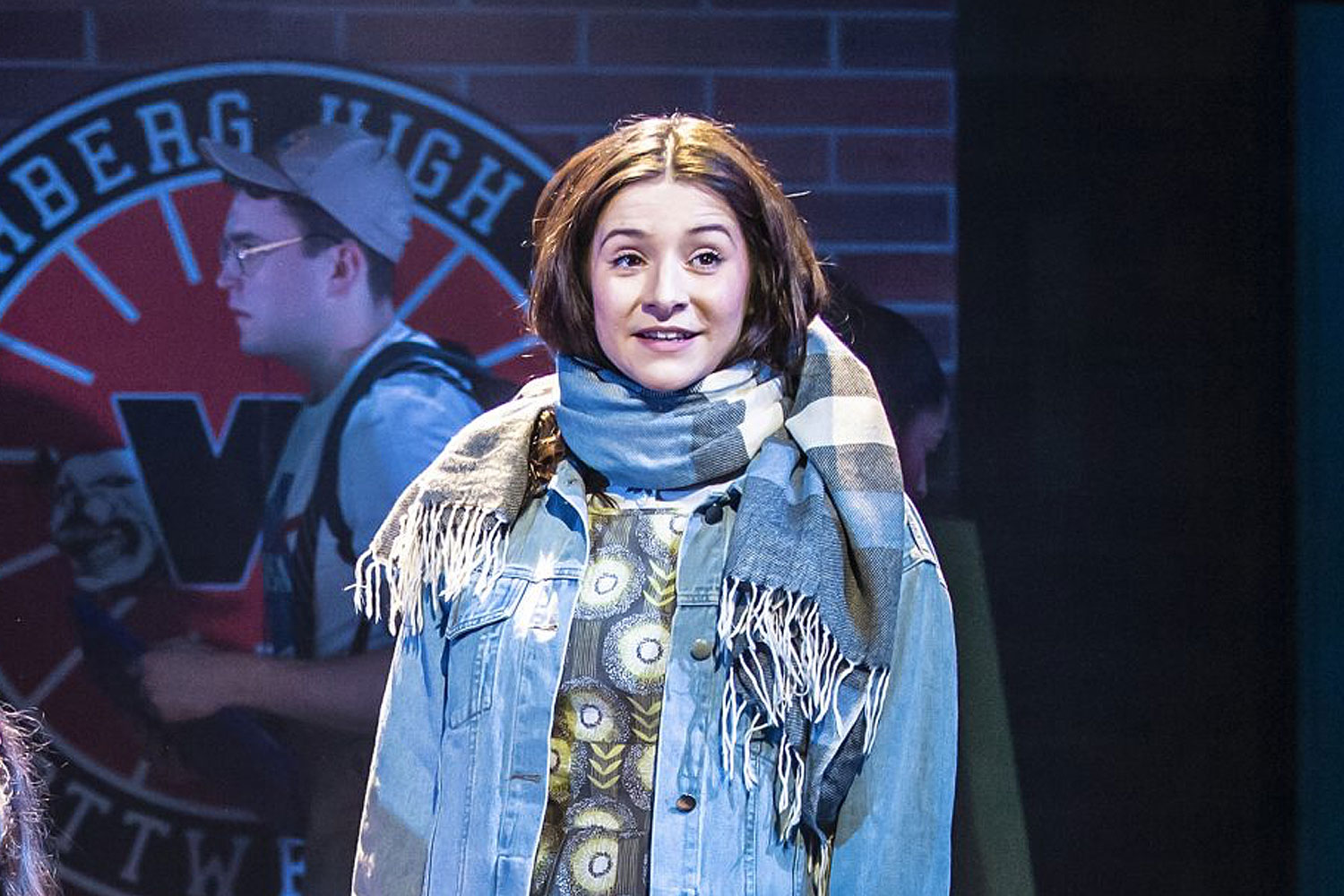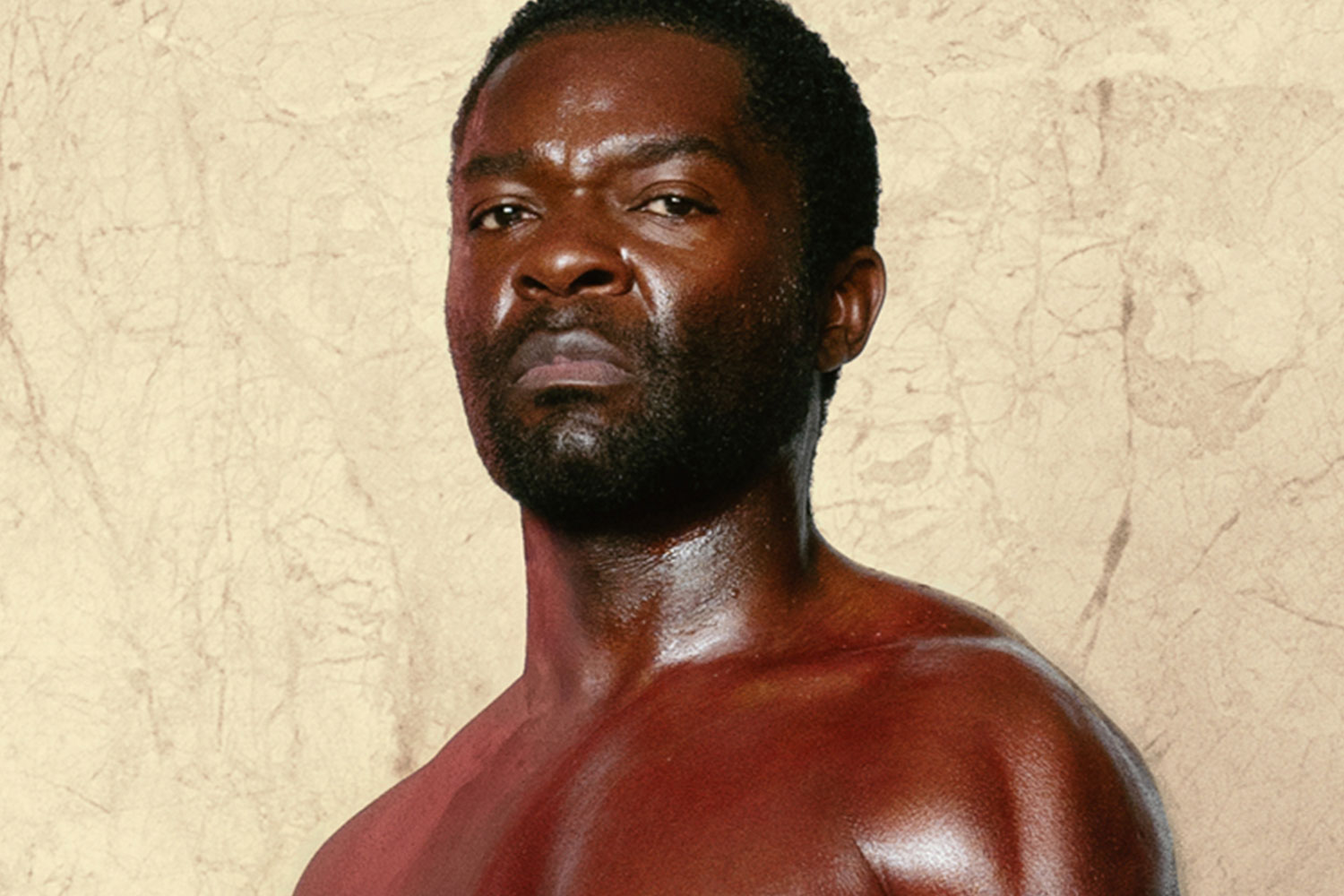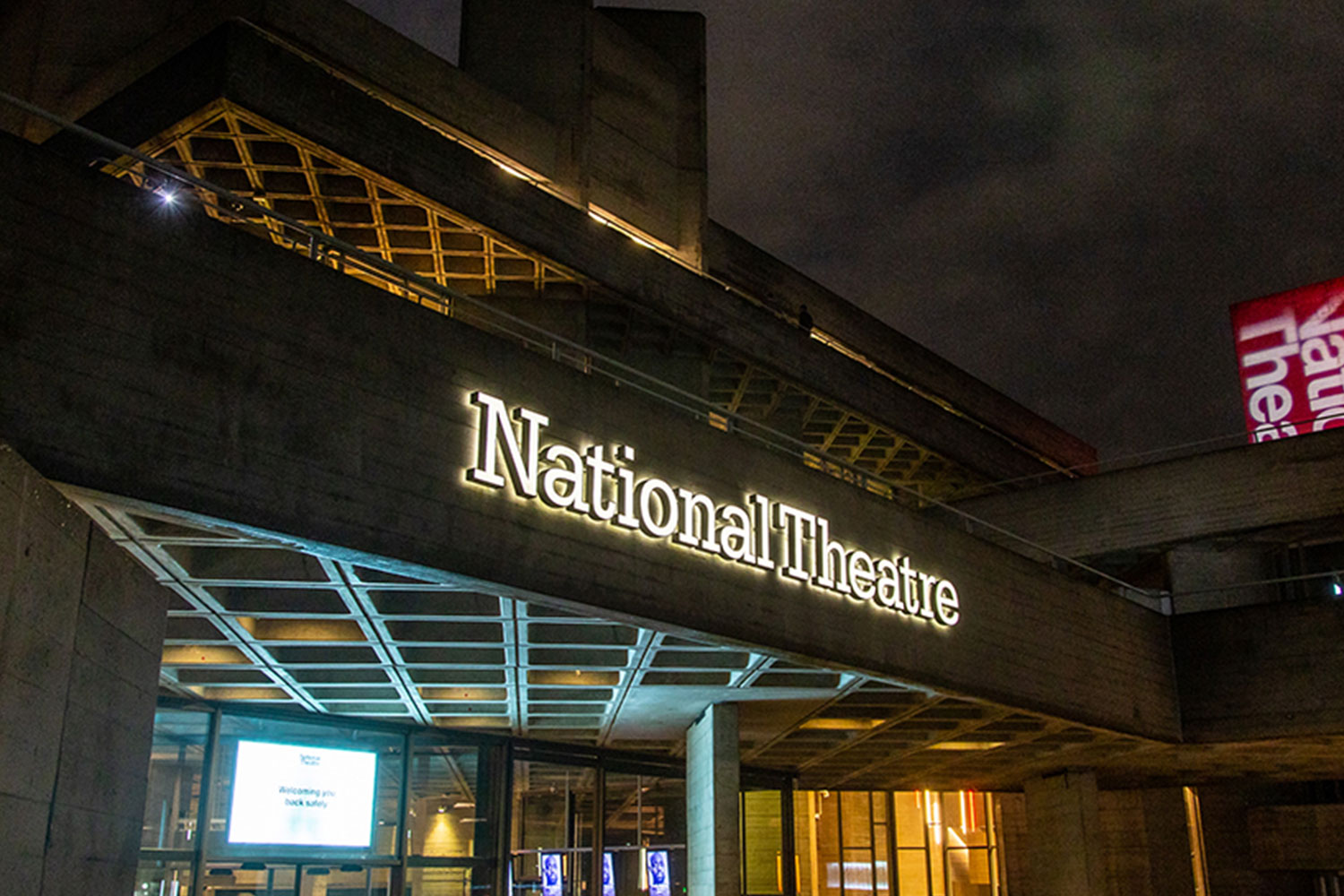This Much is True
The 2005 shooting of Jean Charles de Menezes is one of this year’s hottest topics on the Fringe, with two plays earlier in the year (Oh Well Never Mind Bye at the Union and Stockwell at the Landor), and now this offering at Theatre503, all dealing with different aspects of the tragedy.
There’s a lot going on, and from the moment you step into the theatre it’s nearly impossible to take in every detail – from Brian Paddick’s signed autobiography sitting smugly on a shelf, to the enveloping graffiti work of Milo Tchais, it’s a feast for the senses.
The script, neatly compiled by Paul Unwin and Sarah Beck, is drawn from a plethora of testimonies, some from inquest transcripts and media reports, others sourced directly by the creators. Whereas Stockwell focused on the minutiae of events on the day through edited transcripts from last year’s inquest, This Much is True speculates on the fallout of the tragedy, and points its fingers as much at the media as at the officers in charge on the day.
It also dares to raise some further-reaching questions, notably regarding the motivations of the original 7/7 bombers and speculations as to the future for our “overcrowded island”. It also draws an important comparison between the police in this country and those in Brazil, who make the Met’s ‘shoot to kill’ policy look like a tea party. “This is why we know he didn’t run” says a friend of De Menezes, in one of the evening’s most poignant moments.
Full credit must go to the cast – Amber Agar, Stefano Braschi, Alice Da Cunha, Gerald Kyd, Beatriz Romilly and Justine Waddell – who, despite a smattering of dubious accents, never drop the ball throughout the evening’s 100-minute running time. Under the innovative guidance of director Tim Roseman (whose influences must surely include the work of Rupert Goold at Headlong) and performing on Paul Wills‘ meticulously designed stage, they bring into sharp focus a huge range of details from the case that are too easily forgotten – the fact that the Met tried (unsuccessfully) to pin a rape allegation on De Menezes a year after the shooting, for example.
Occasionally the bombardment of information and characters can become a little overwhelming, and it requires a strong focus to keep pace. But this, if anything, is a fair reflection of the maelstrom of questions and misinformation that have dogged the case since the outset.




